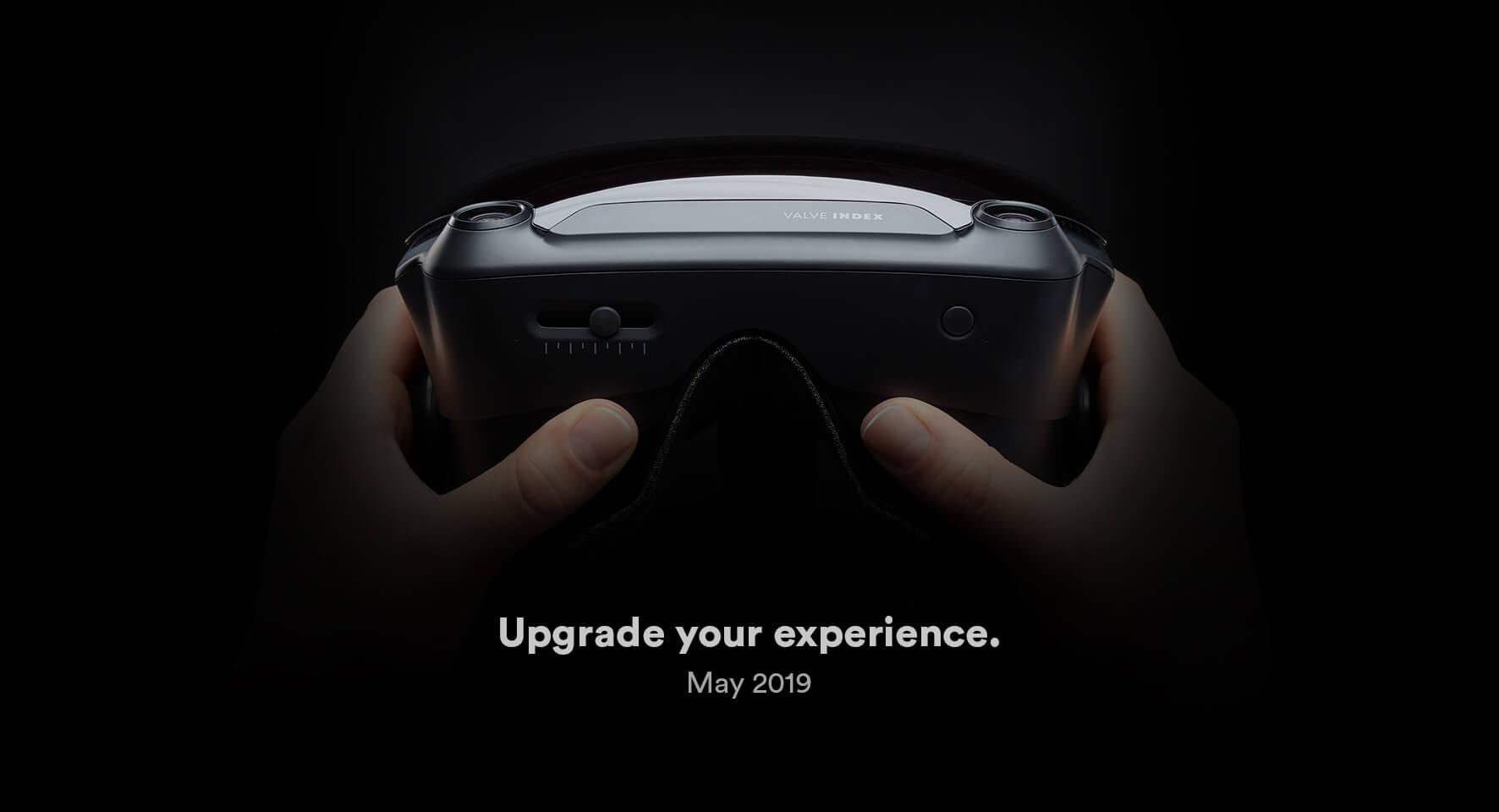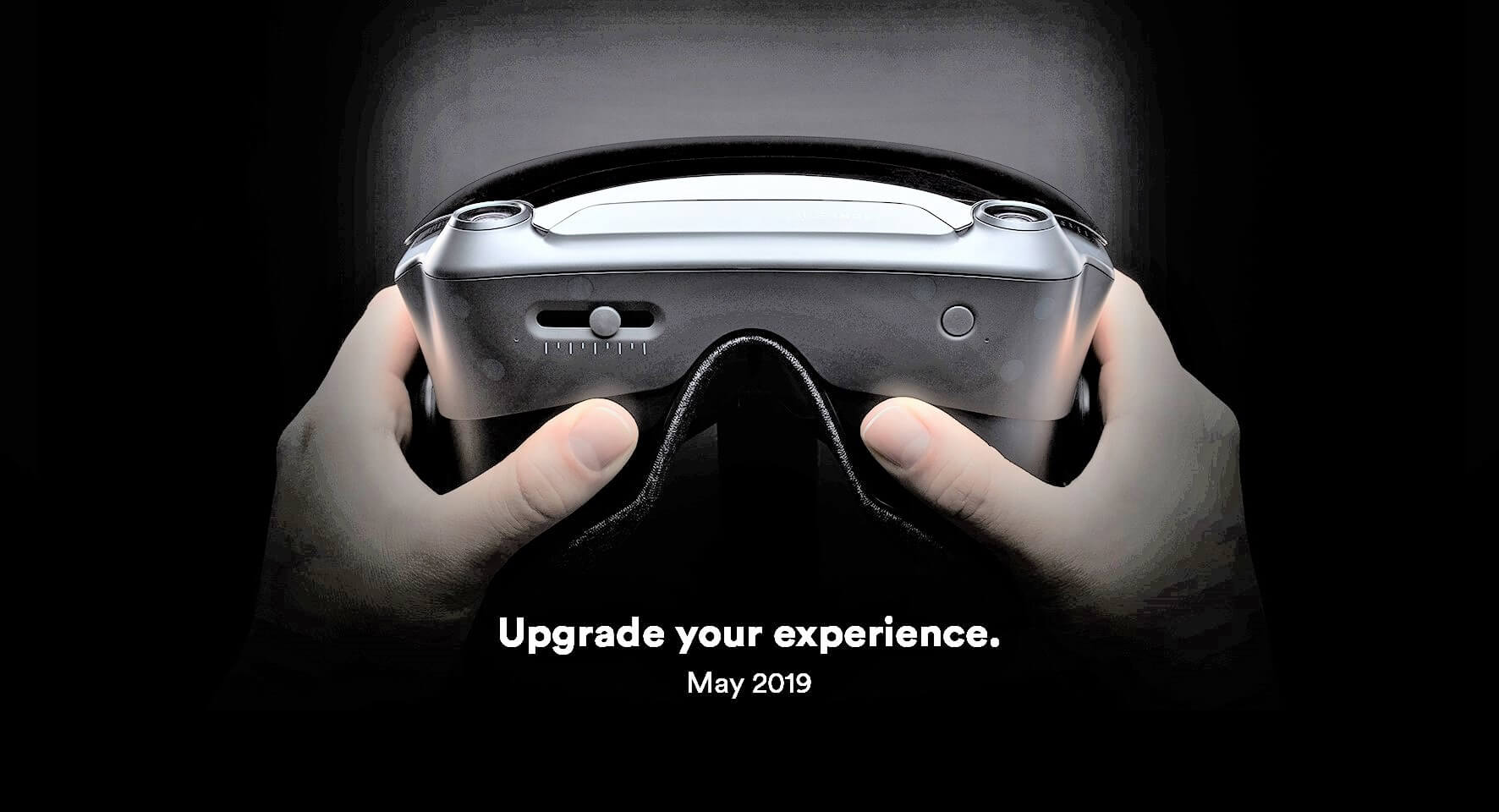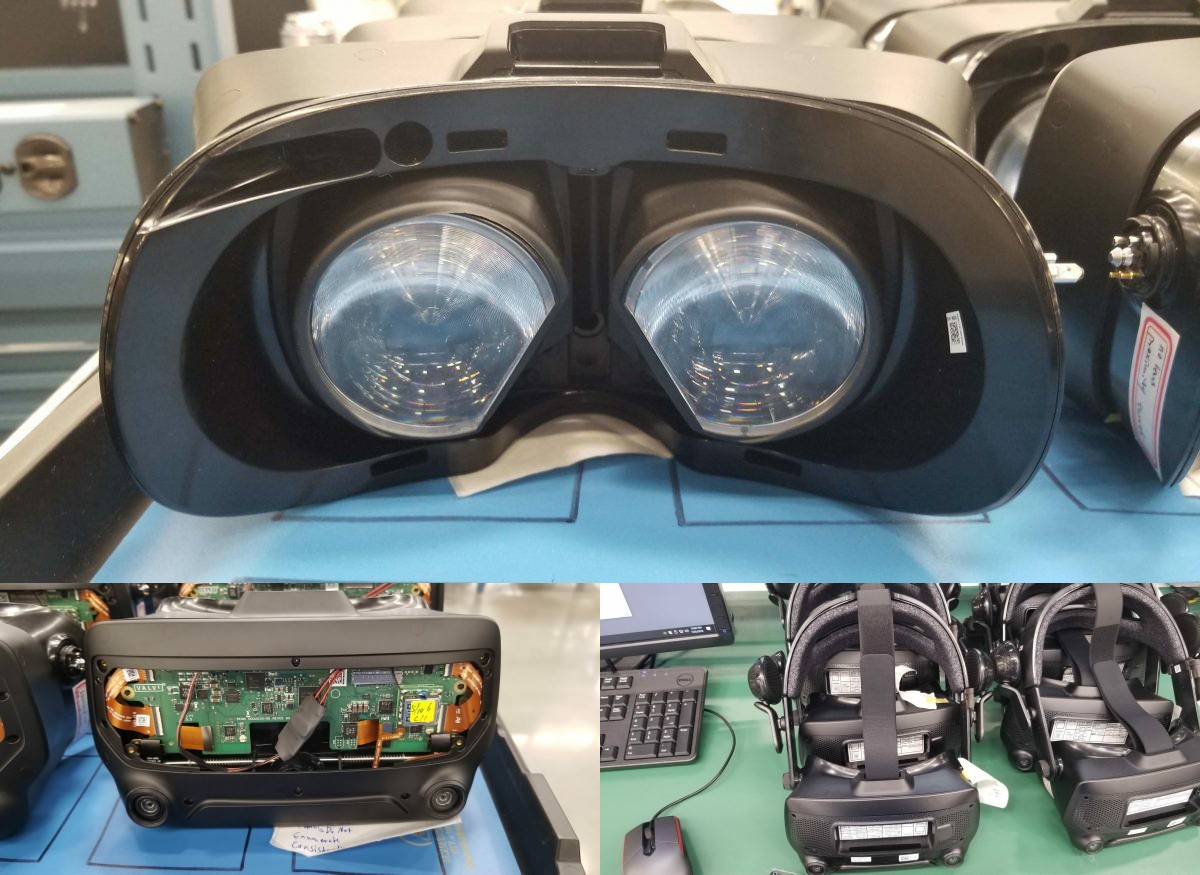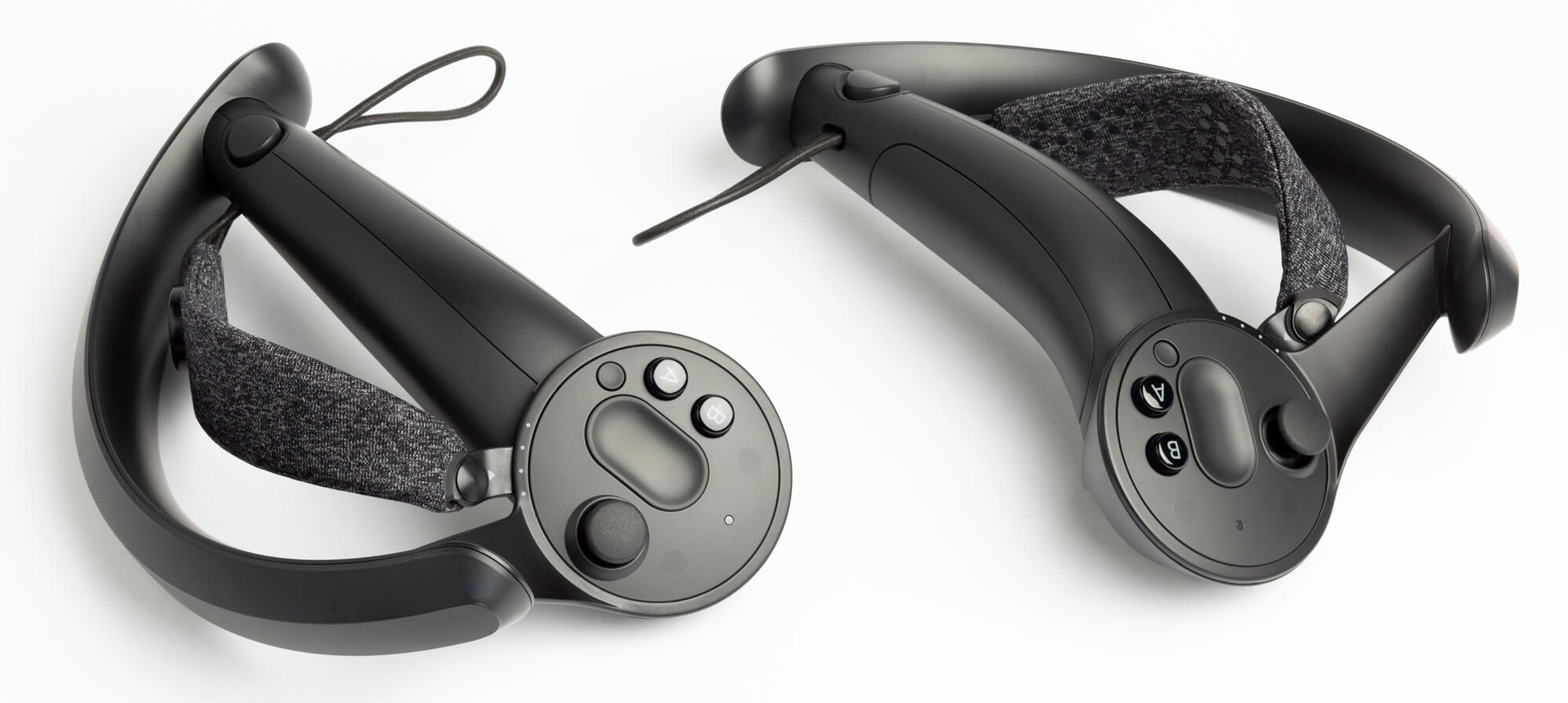Why it matters: A new teaser site has popped up online, with an image, a name, and a date. Meet the Valve Index, to be unveiled in May this year. After a brief dip into the VR market with SteamVR in 2016, Valve is going all out with their own headset, controllers and a trio of full-fledged games.

First spotted by Ars Technica, the Valve Index website reveals just enough about the headset to merit some serious excitement. For starters, it’s got two big wide-angle cameras, implying that it will support inside-out tracking so that either external tracking stations are optional, or so that tracking is better all-round. On the left you can see that it also has an IPD (interpupillary distance) slider to accommodate for people with abnormally spaced eyes. This suggests that it’s meant for the mass market.

Dialing up the brightness and the contrast, and you can see four small dots on each side of the headset. They look somewhat similar to the infrared dots used for tracking on the HTC Vive, so regardless of the Index’s ability to inside-out track, it will most likely support Valve’s SteamVR tracking stations, called Lighthouses.
The Index doesn’t come as a big surprise. In November last year, several pictures of the Index were posted to Imgur. The design is a bit different than seen in today’s images, so they were most likely prototypes. The pictures do suggest that the Index will come with similar cheap on-ear speakers as the Vive and Rift, which is a bit disappointing.

Citing anonymous sources, Upload VR says that the Index will feature a 135° Field of View, which is somewhat better than the 110° FOV that both the Vive Pro and Rift S have. They also say it will come with the same 2880 x 1600 resolution as the Vive Pro, which is a hair better than the 2560 x 1440 on the Rift S.
Upload VR also suggests that a Half-Life game will launch with the Index, though that might be a bit of a stretch. On the other hand, Valve co-founder Gabe Newell did confirm that Valve was developing three VR games back in 2017.
"Right now we're building three VR games," said Newell. "When I say we're building three games, we're building three full games, not experiments."

Valve's "knuckles" controllers, multiple iterations of which have been sent out to developers since 2016.
If you’re curious about why Valve would make a headset, Newell explained that back in 2017, too, foreshadowing the Index. "What we can do now is we can be designing hardware at the same time that we're designing software. This is something that [Nintendo's] Miyamoto has always had. He's had the ability to think about what the input device is and design a system while he designs games. Our sense is that this will actually allow us to build much better entertainment experiences for people."
While we don’t know exactly what will arrive in May, be it a full release or an announcement, Valve’s certainly picked an interesting time. The Oculus Rift S, Oculus Quest and the HTC Vive Focus Plus will all be launching around that time – can the Valve Index steal the show?
https://www.techspot.com/news/79432-valve-has-developed-own-high-end-vr-headset.html